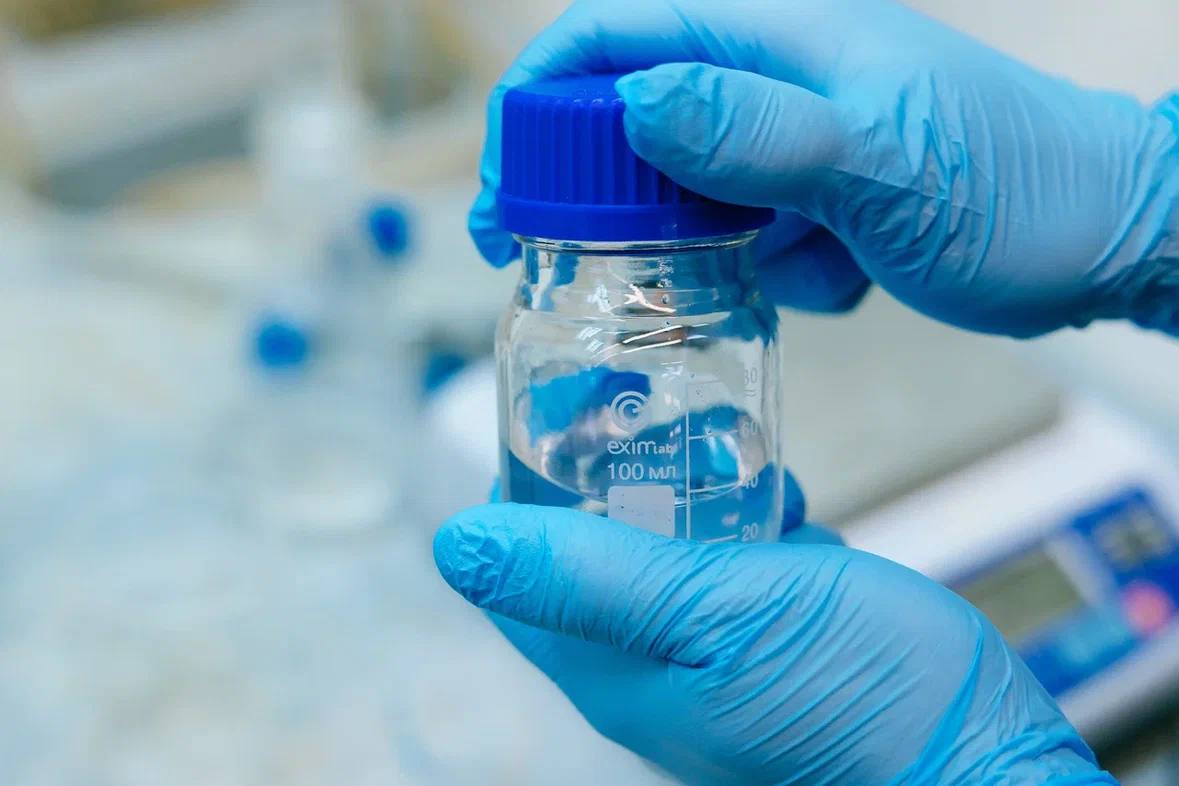TSU chemists in collaboration with specialists at the Engineering Center of Chemical Technology (ECCT) have completed the development of technology for Russian beta-propiolactone production under the Program for Stimulating the Production of Component Products. This inactivator is used for manufacturing drugs that treat influenza, Covid-19, hepatitis A, Japanese and tick-borne encephalitis, poliomyelitis, and a number of other infectious diseases. The domestic component will allow Russian industry to reduce its dependence on imports.
“Scientists at the Laboratory of Organic Synthesis and employees of the ECCT worked for a year and a half to develop the technological regulations on beta-propiolactone production,” said Alexey Knyazev, Acting Dean of the Faculty of Chemistry and Director of the Engineering Center. “At one of the stages we optimized the technology, reducing the purification stages and increasing the yield of the desired reaction product. The technology was developed using only Russian raw materials.”

To assess the quality of the beta-propiolactone produced, the scientists developed and certified a measurement procedure, which was registered in the Russian Federation's measurement procedure register. The product manufactured in Tomsk was tested at the Shchelkovsky Biokombinat and demonstrated that it is no worse than inactivators developed in other countries.
Beta-propiolactone production will be established in collaboration with a TSU industrial partner and supply the inactivator to the Russian market in 2024. Currently, the industrial partner collaborates with medical research centers and develops collaboration with plants that produce veterinary drugs and human vaccines.
The TSU chemists' development contributes to implementing the Security Technologies strategic project, under the support of the Priority 2030 federal program. In this project, scientists are creating new technologies and materials to ensure the safety of Russians, including biosafety, as well as technologies and products necessary to improve the nation's health.